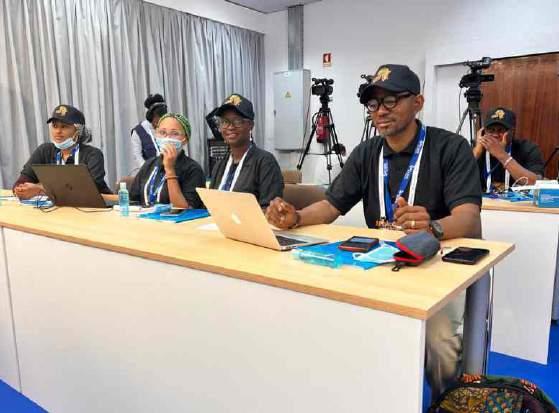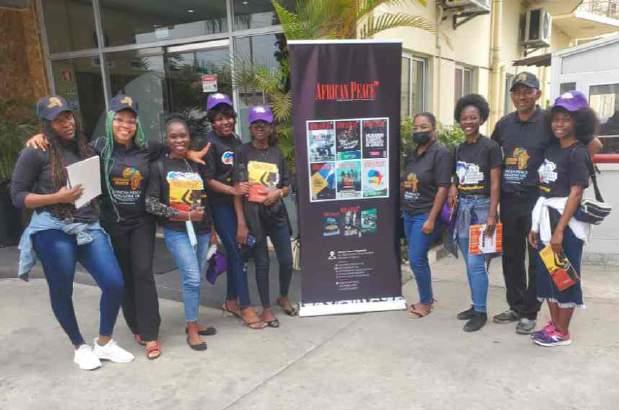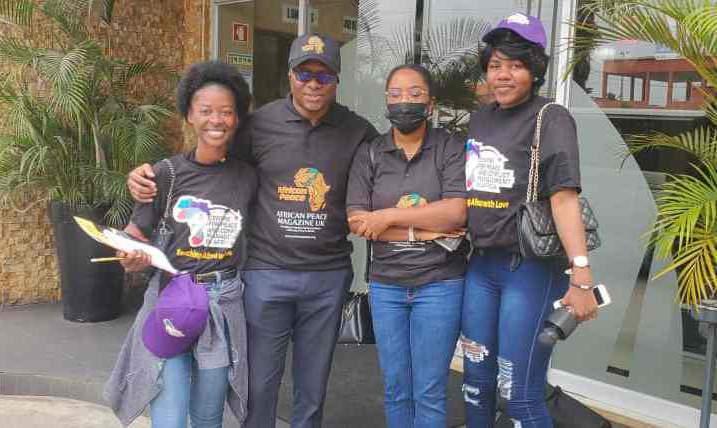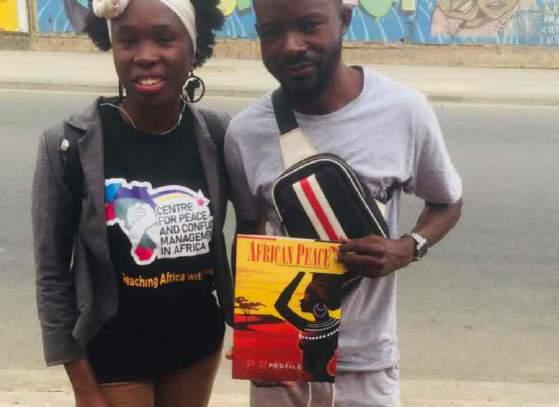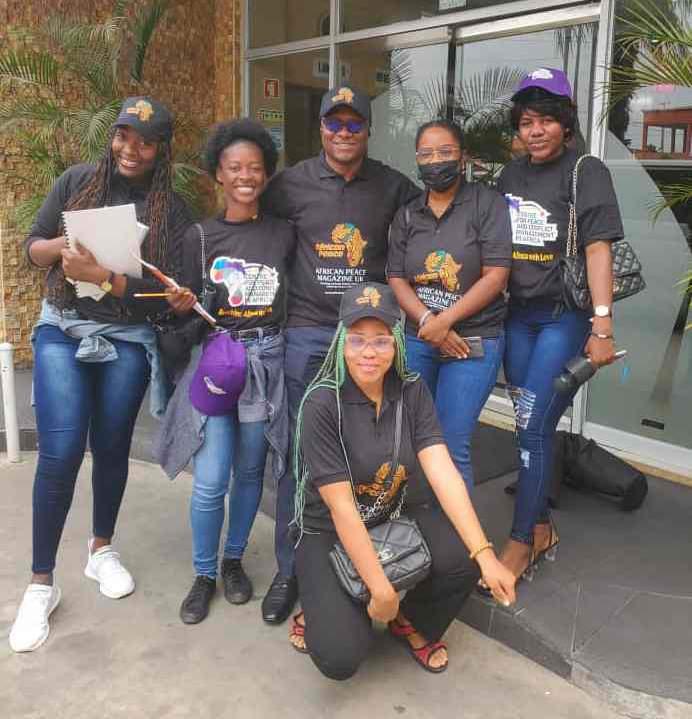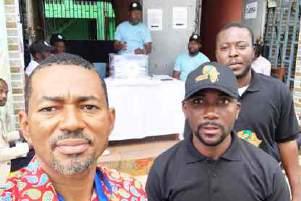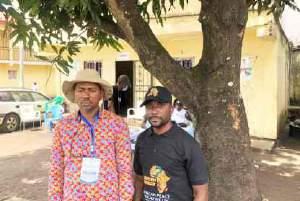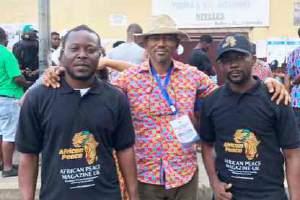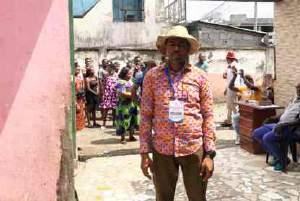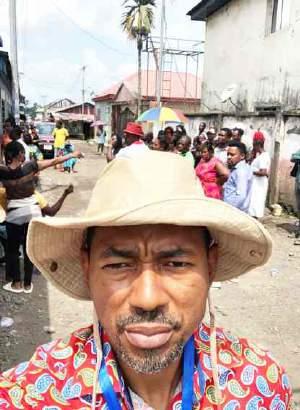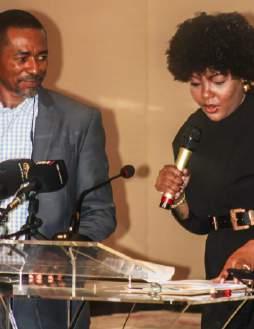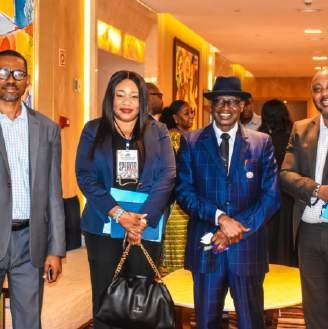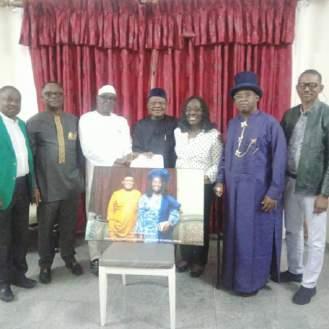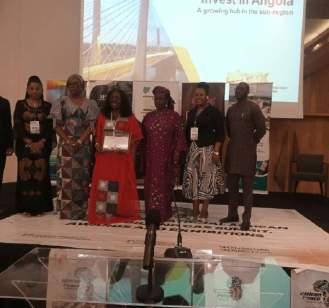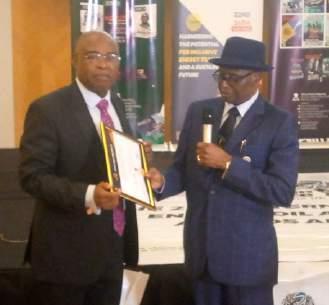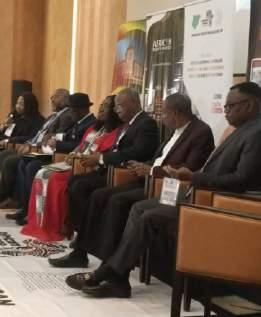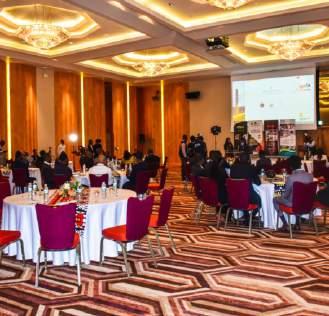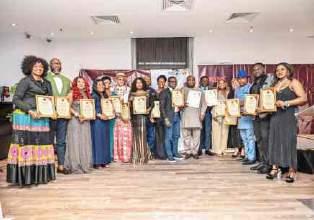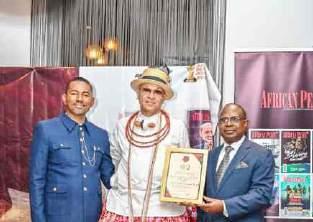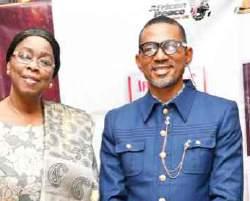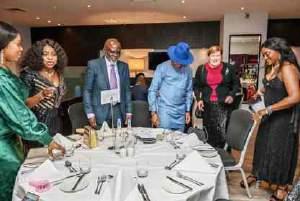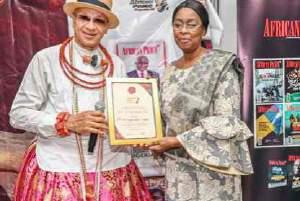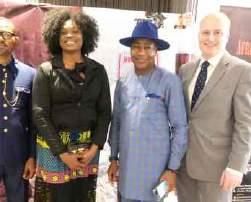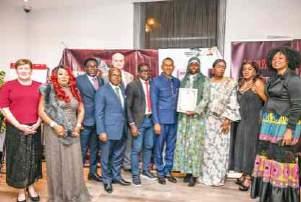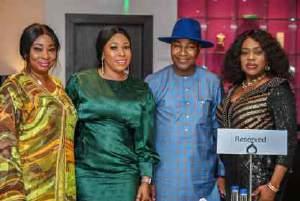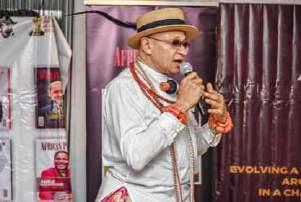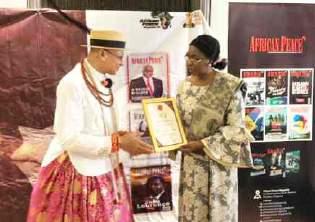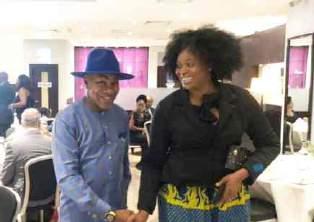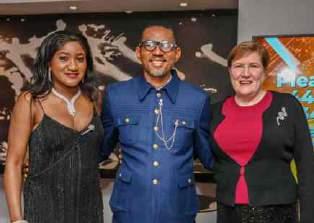
5 minute read
UNENDING CYCLE OF CORRUPTION IN AFRICA
Generally, corruption is a global phenomenon. However, it strikes home at individual level and can have a devastating effect on African communities. Although it is a strenuous term to define, Machiavelli popularized the oldest dimension of corruption as the decline of virtue among political officials and the citizenry. The psychologist defines corruption as the undermining of political values. Corruption as the decline of virtue has been criticized as too broad and far too subjective to be universalized.
While performing work for a government or as a representative, it is unethical to accept a gift. When such gifts are collected, it may be labelled as corruption. Any free gift could be construed as a scheme to lure the recipient towards some biases. In most cases, the gift is seen as an intention to seek certain favors such as work promotion, tipping in order to win a contract, job or exemption from certain tasks in the case of junior worker handing in the gift to a senior employee who can be key in winning the favor. Also, Sociologist Christian Höffling and Economist J.J. Sentuira defined corruption as social illness; the latter defined corruption as the misuse of public power for one’s profit.
Advertisement
A part of this menace called political corruption decreases democracy and good governance by flouting or even subverting formal processes. It extends to corruption in elections and in the legislature reduces accountability and distorts representation in policymaking; while existence of such in the judiciary compromises the rule of law; and corruption in public administration results in the inefficient provision of services. Various forms of corruption are bribery, lobbying, extortion, cronyism, nepotism, parochialism, patronage, influence peddling, graft, and embezzlement. Corruption may facilitate criminal enterprise such as drug trafficking, money laundering, miss misuse of government power for other purposes, such as repression of political opponents and general police brutality, is also considered political corruption.
In a 2007 publication titled "A Vicious Circle of Corruption and Mistrust in Institutions in sub-Saharan Africa: A Micro-Level Analysis" by W Cho, M.F Kirbin it noted nineteen of the world’s thirty-five most corrupt countries are in Africa, and corruption in the continent is deepening. Recent anti-corruption initiatives have been flawed: Nigerian investigations were directed against government opponents, while corrupt practices in Kenya persisted despite the election of an anti-graft candidate Several reasons have been given to explain the prevalent corruption, such as Africa’s “mode of dependence”, its “predatory economy”, its institutions’ lack of legitimacy and the conflict between African politicians’ “primordial and civic duties”. While functionalist commentators argue that corruption can increase government efficiency by overcoming bureaucratic obstacles, empirical evidence tends to support those who believe that it inhibits development.
In September 2022, the President of Nigeria, Muhammadu Buhari decried corruption has reduced growth in Africa and tainted nations within the continent. He noted that Africa remains at the far end of the development index and that the concerted efforts made in the last few years need to be sustained, and deepened by good governance and accountability that are guided by the rule of law He said, ‘’As you are all aware, this will be my last official participation at the United Nations General Assembly as President of the Federal Republic of Nigeria. “I remain honoured and privileged to be President of Nigeria for two terms and I am grateful to the African Union for making me the Continental Organisation’s Champion on efforts to eliminate corruption nationally and continent-wide.
Over the years, we came to the painful realisation on how deeply embedded corruption has become in our countries and continent, as well as how corrosive it can be. Corruption has dwarfed our growth and tainted our nations and continent. Africa remains at the far end of the development index and concerted efforts made in the last few years need to be sustained, and deepened by good governance and accountability that are guided by the rule of law. “I have strong faith that Africa and our national governments can do this with strong resolve and commitment to eliminating Illicit Financial Flows” Vickson Ncube, Chief Executive Officer, Pan African Federation of Accountants in his 2017 piece, "When Corruption Becomes a Way of Life, and What to Do about It" was of the opinion that the failure of political governance has made corruption endemic in Africa, and is a shared fundamental root cause.
He posited that most African governments come to power through corrupt and weak institutions, such as electoral commissions and the judiciary. It is too much to expect a government that comes to power through a corrupt electoral system to then turn round and fight corruption. Unfortunately, the international elections observer will, at the end of the day, tell the world “the elections were generally free and fair.” How can professionals no matter their determination be expected to be work with integrity under such a government? In addition, he mentioned the media that has generally taken sides instead of being independent arbiters. The media generally has adopted the philosophy of “my friend’s corruption is alright, but that of my enemy is really bad.” The South African government in a 2019 piece titled, “End cycle of corruption” noted that in South Africa, 57% of ordinary citizens think they can make a difference in the fight against corruption, in the Great Lakes of Malawi the thinking is similar, standing at 48%. In Kenya, the fight is strong at 54%, while in Zimbabwe corruption has decreased, and in Lesotho the power of the united front against corruption now stands at all-time high of 65%.
The World Bank, in a publication on Governance for Development, curated 10 ways to fight corruption, not just in Africa but globally.
1. Corruption is not only about bribes: People especially the poor get hurt when resources are wasted. That’s why it is so important to understand the different kinds of corruption to develop smart responses.
2. Power of the people: Create pathways that give citizens relevant tools to engage and participate in their governments –identify priorities, problems and find solutions.
3. Cut the red tape: Bring together formal and informal processes (this means working with the government as well as nongovernmental groups) to change behavior and monitor progress.
4. It’s not 1999: Use the power of technology to build dynamic and continuous exchanges between key stakeholders: government, citizens, business, civil society groups, media, academia etc.
5. Deliver the goods: Invest in institutions and policy –sustainable improvement in how a government delivers services is only possible if the people in these institutions endorse sensible rules and practices that allow for change while making the best use of tested traditions and legacies – imported models often do not work.
6. Get incentives right: Align anti-corruption measures with market, behavioral, and social forces. Adopting integrity standards is a smart business decision, especially for companies interested in doing business with the World Bank Group and other development partners.
7. Sanctions matter:
Punishing corruption is a vital component of any effective anticorruption effort.
8. Act globally and locally: Keep citizens engaged on corruption at local, national, international and global levels – in line with the scale and scope of corruption. Make use of the architecture that has been developed and the platforms that exist for engagement.
9. Build capacity for those who need it most: Countries that suffer from chronic fragility, conflict and violence– are often the ones that have the fewest internal resources to combat corruption. Identify ways to leverage international resources to support and sustain good governance.
10. Learn by doing:
Any good strategy must be continually monitored and evaluated to make sure it can be easily adapted as situations on the ground change.
Consequences of corruption certainly further impoverish poor people, and it is likely that corruption also limits economic growth and distorts government efforts to promote development. In order to promote integrity and defeat corruption, all of society needs to work together. Citizens in African countries must hold those charged with the responsibility of managing resources, whether in the public or private sector, to account for the use of these resources. Internationally, no country should allow itself to be a haven for corrupt proceeds from Africa.
Conclusively, Okonjo Iweala said in 2019 said, "Africa needs to focus its anticorruption fight on long-term, highreturn institution building activities, coupled with the justice infrastructure and political will to hold those who transgress accountable. This process should start by making key government statistics open and transparent, enabling citizens to keep on top of important information and build trust in their governments. Only with these pragmatic approaches can the continent record wins against corruption."
